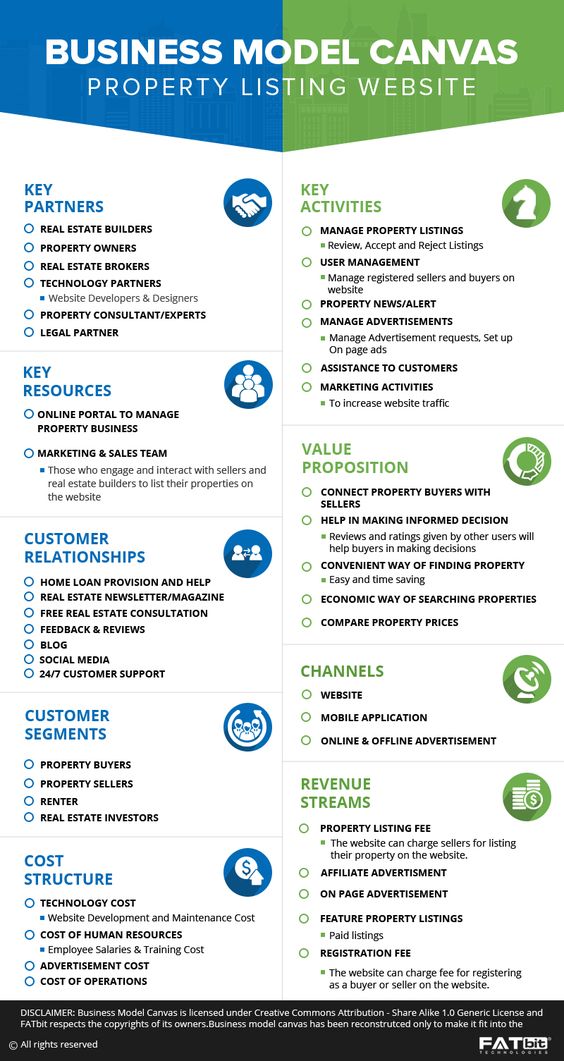What is Business Information Management?
Business Information Management (BIM) is a discipline that focuses on the management of information within a business. It involves the collection, storage, and analysis of data to help inform decisions and strategies. BIM is closely related to business intelligence (BI), but it takes a more comprehensive approach.
The Benefits of Business Information Management
Business Information Management can help organizations make better decisions, improve operational efficiency, and reduce costs. It provides a comprehensive view of the organization, enabling managers to better understand their customers, competitors, and internal operations. By leveraging data-driven insights, businesses can identify opportunities for growth and develop strategies to capitalize on them.
The Components of Business Information Management
Business Information Management is composed of several components. These include: data collection, data storage, data analysis, data visualization, and data governance. Each component plays an important role in helping businesses make informed decisions.
Data Collection
Data collection is the process of gathering and storing data. This includes collecting data from sources such as customer surveys, market research, and internal databases. It is important to ensure that the data collected is accurate and up-to-date.
Data Storage
Data storage is the process of storing data in a secure and accessible manner. This includes storing data on-site or in the cloud, as well as using data backup solutions to protect against data loss.
Data Analysis
Data analysis is the process of analyzing data to identify patterns and trends. This can be done using statistical methods or machine learning algorithms. Data analysis can help businesses uncover insights and identify opportunities for improvement.
Data Visualization
Data visualization is the process of presenting data in a graphical format. This can include charts, graphs, and other visualizations that make it easier to understand complex data.
Data Governance
Data governance is the process of ensuring that data is managed in a secure and compliant manner. This includes setting policies and procedures for data access and security, as well as monitoring data usage to ensure compliance with regulations.
Business Information Management Solutions
Business Information Management solutions are available to help organizations manage their data. These solutions can include data management platforms, analytics tools, and visualization software.
You might find these FREE courses useful
- Business Management Certificate | IIM Kozhikode |
- Master in Business Management Online |
- Management Skills for International Business
- Macroeconomics for Business Management
- Business Analysis & Process Management
Conclusion
Business Information Management is an important discipline that can help organizations make better decisions, improve operational efficiency, and reduce costs. By leveraging data-driven insights, businesses can identify opportunities for growth and develop strategies to capitalize on them.


